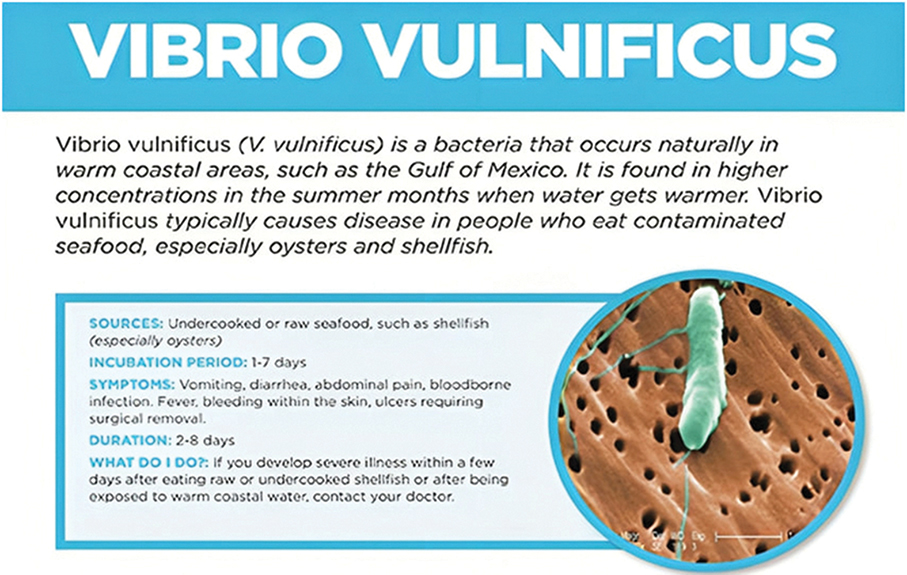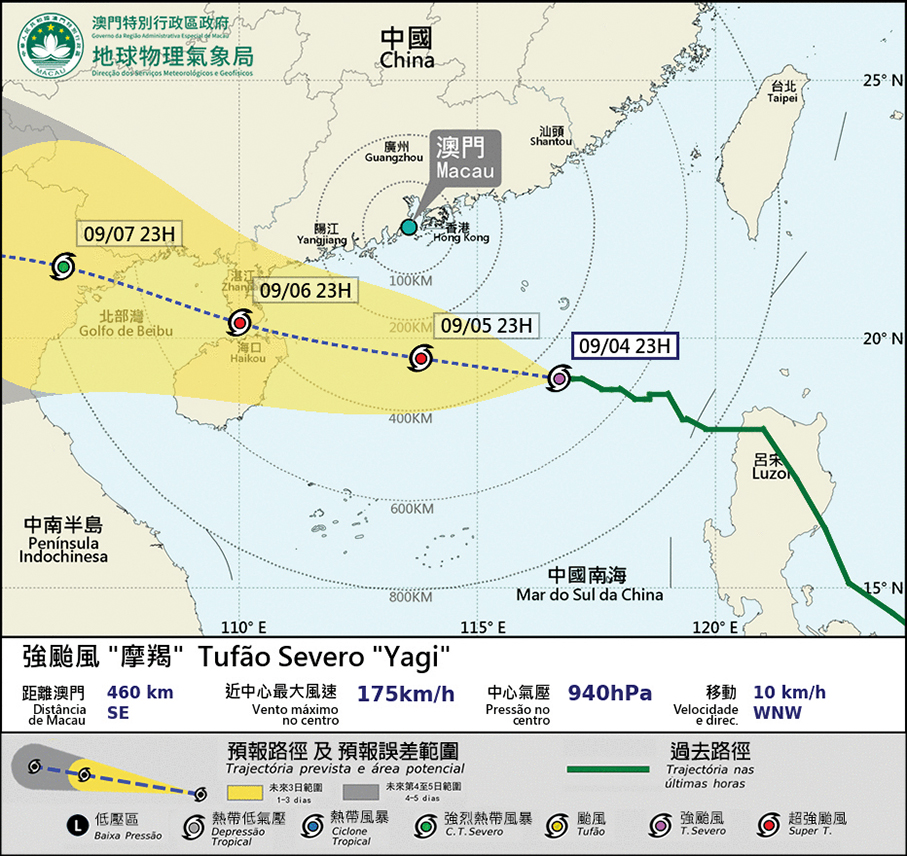A 62-year-old local man died of Vibrio vulnificus last Wednesday after eating seafood that may or may not have been “thoroughly cooked”, according to the Health Bureau’s (SSM) statement on Friday.
According to the statement, the male resident with a history of alcoholic cirrhosis had handled and consumed seafood at home prior to the onset of the disease last week, the statement said.
The man developed fever and diarrhoea last Monday, after which he sought treatment at the public Conde de São Januário Hospital Centre, the statement said, adding that no visible injuries were found after a physical examination was conducted.
His condition deteriorated and he developed symptoms of shock last Tuesday, after which he was transferred to the intensive care unit (ICU) for further treatment and was diagnosed with Vibrio vulnificus infection, the statement said.
His condition deteriorated further and he died last Wednesday, the statement said, adding that his family members did not come down with the same symptoms.
According to the bureau, Vibrio vulnificus is a Gram-negative bacterium that is present naturally in warm seawater. It may cause infections in people who have an open wound exposed to seawater and in those who consume raw or undercooked seafood contaminated with the bacteria.
Wounds infected with Vibrio vulnificus may result in necrotising fasciitis (commonly known as “flesh-eating infection”), which is a serious bacterial infection of the soft tissue and fascia (a sheath of tissue covering the muscle), the statement pointed out, adding that it may lead to tissue destruction and can even be fatal, with the fatality rate of Vibrio vulnificus-associated necrotising fasciitis being about 20 to 30 percent.
Consuming food that is contaminated with Vibrio vulnificus may occasionally cause fever, diarrhoea, vomiting and abdominal pain, the statement said, adding that in people with underlying medical conditions, especially liver diseases, Vibrio vulnificus can infect the bloodstream typically causing fever, chills, decreased blood pressure, and blistering skin lesions.
To prevent Vibrio vulnificus infection, members of the public should clean wounds immediately and cover them properly with waterproof adhesive dressings until healed, and avoid allowing wounds to come into contact with seawater or raw seafood, the statement said.
The statement also reminds members of the public to avoid skin contact with dirty water when visiting a wet market, and be careful with sharp parts of seafood, such as fish fins, shrimp heads and crabs to prevent cuts.

Image courtesy of IAS Gyan









